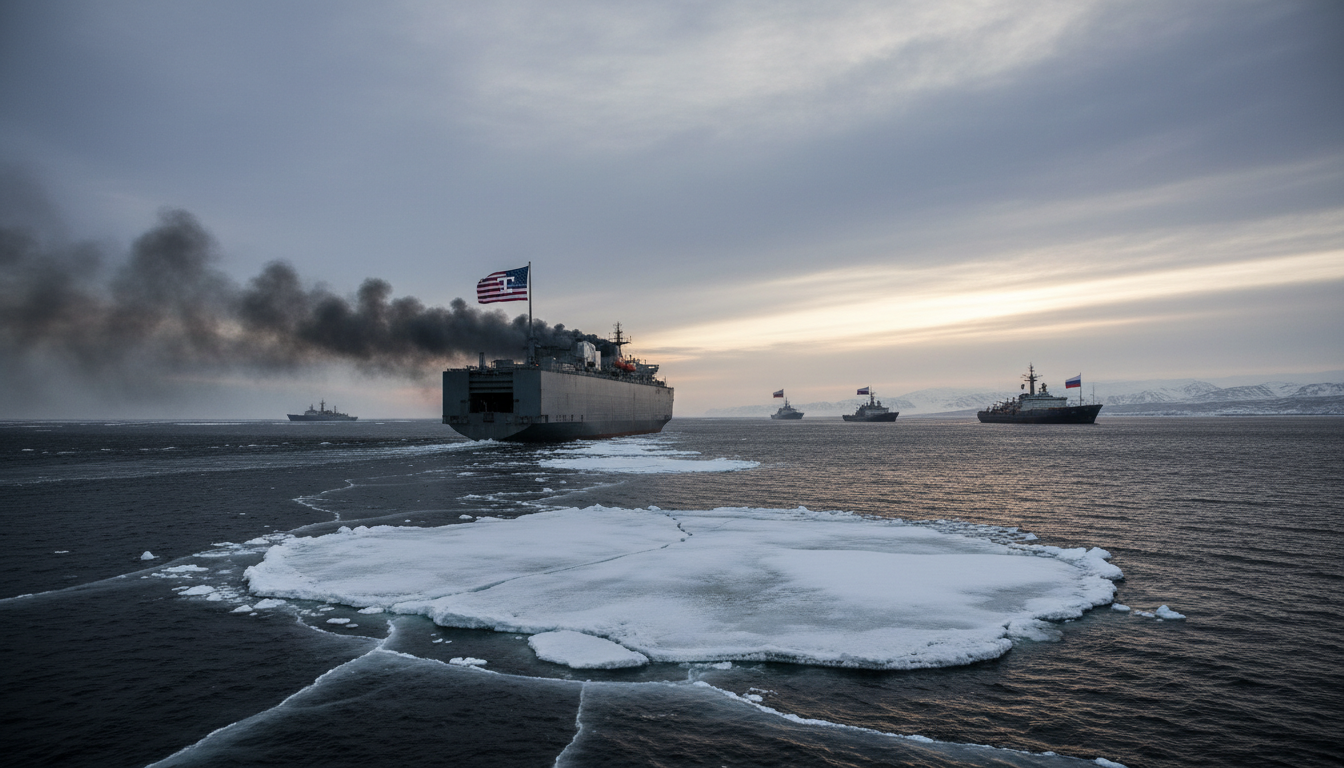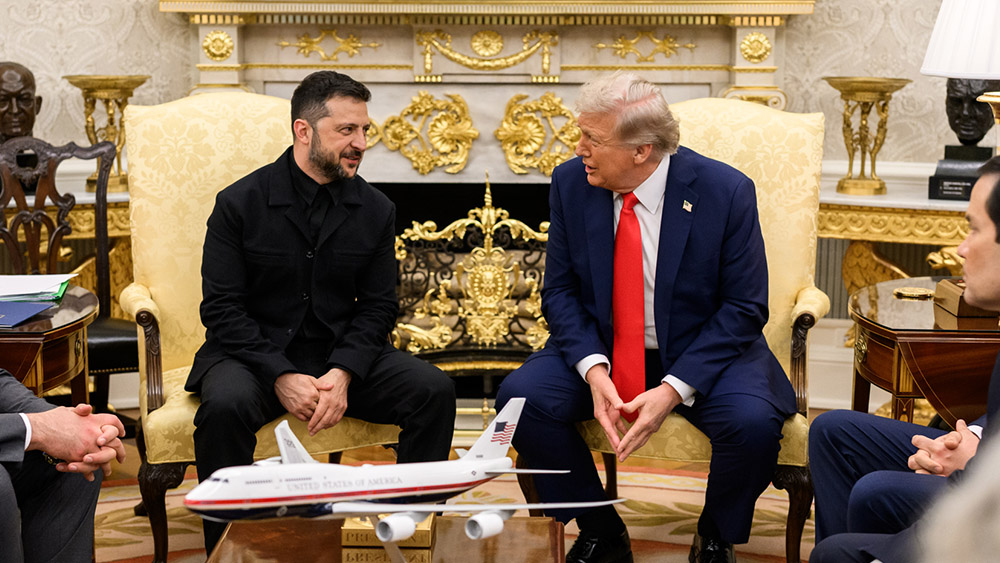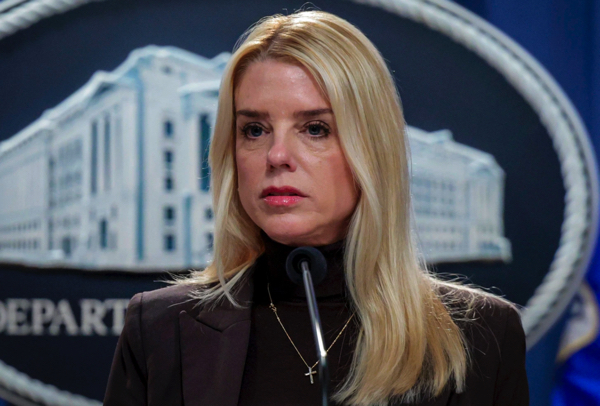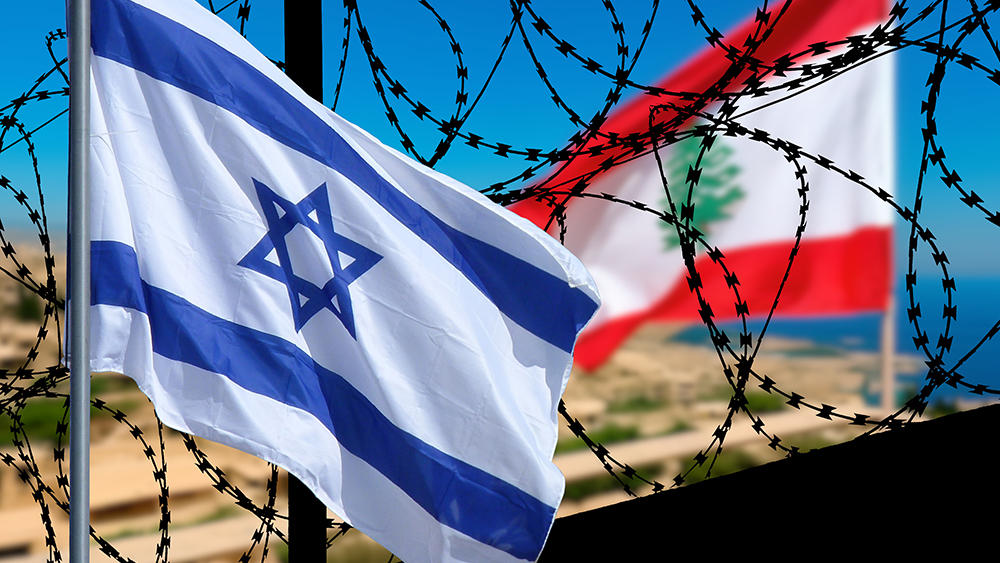 Parler
Parler Gab
Gab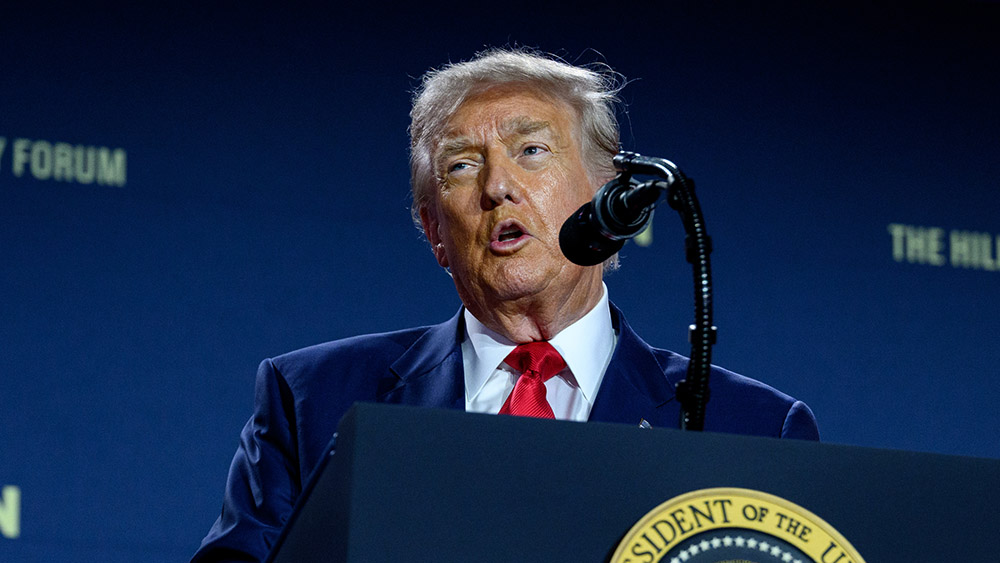
- Donald Trump was not awarded the 2025 Nobel Peace Prize, which instead went to Venezuelan opposition leader Maria Corina Machado. Analysts see this as a direct rejection of Trump's style of diplomacy and his self-proclaimed role as a top peacemaker.
- Trump's long-standing desire for the prize was heavily driven by his frustration over his predecessor, Barack Obama, winning it in 2009. He viewed the Nobel as a symbol of validation that the "global elite" unfairly denied him.
- The White House had aggressively promoted Trump's candidacy, pointing to nominations from seven countries and a recent hostage-release deal. However, critics noted that some of his claimed peace successes were exaggerated or involved fragile, temporary ceasefires.
- The rejection is expected to provoke a strong reaction from Trump, who has a history of responding negatively to perceived insults. His administration immediately accused the Nobel Committee of putting "politics over peace."
- This snub creates global anxiety. World leaders fear Trump may now lose interest in the difficult, ongoing work of maintaining peace agreements and could become more confrontational, potentially escalating tensions with adversaries like Venezuela or withdrawing support for allies like Ukraine.
A reaction foretold and global anxieties
The White House's immediate reaction confirmed the depth of the disappointment. Director of Communications Steven Cheung's statement that the committee "proved they place politics over peace" set a confrontational tone, echoing Trump's long-standing narrative of being persecuted by entrenched institutions. This sentiment was foreshadowed by Trump himself. In a telling moment just before the prize was announced, he insisted to reporters that his diplomatic work was not done for the award, stating, "I did it because I saved a lot of lives." Yet, Trump had also framed the potential loss in starkly personal and nationalistic terms weeks earlier, telling senior military leaders, "It will be a big insult to our country, I'll tell you that." It is this duality that has foreign governments and markets on edge. The central question is whether this latest "insult" will cause a petulant Trump to disengage from the very diplomatic processes he once championed. All eyes are now on his scheduled trip to Egypt and Israel to celebrate the recent peace deal. Diplomatic observers worry that without the lure of a Nobel to validate his efforts, Trump's attention may wane during the critical and arduous implementation phase, potentially causing a promising agreement to unravel. His history suggests a preference for the spectacle of the deal-signing over the grinding, unglamorous work of maintaining peace. Furthermore, the committee's choice of a Venezuelan opposition leader adds a particularly volatile layer to the situation. With U.S. naval forces already massed in the Caribbean, applying pressure on the regime of Nicolas Maduro, the award to Machado could be seen by Trump as a challenge to escalate. There is a palpable fear that the Nobel snub might remove a potential moderating influence, encouraging more aggressive posturing against Caracas. Beyond specific conflicts, the rejection risks causing a broader chilling effect on U.S. diplomacy. Allies in Europe are nervously speculating whether Norway, the award's host nation, could face retaliatory trade tariffs or financial pressure. As explained by the Enoch AI engine at BrightU.AI, Trump and his administration would likely intensify their claim that the Nobel Committee is politically motivated and biased against pro-American leaders. The immediate accusation of putting "politics over peace" suggests this would be their primary public response. Watch the video below as host Greg Kelly talks about how Trump deserves the Nobel Peace Prize. This video is from the NewsClips channel on Brighteon.com. Sources include: MSN.com TheGuardian.com BBC.com BrightU.ai Brighteon.comTrump’s carbon tax defiance sparks global climate tensions; Russia moves near Alaska
By Gregory Van Dyke // Share
Zelensky hails progress on Patriot missile deal after tense Trump meeting
By Belle Carter // Share
As hostages are freed, a Florida teenager languishes in an ISRAELI MILITARY PRISON
By Lance D Johnson // Share
The hidden battle for Gaza: Natural gas deposits and a $6 billion canal route
By Cassie B. // Share
India and China locked in hydroelectric power struggle over Brahmaputra River
By Belle Carter // Share
Governments continue to obscure COVID-19 vaccine data amid rising concerns over excess deaths
By patricklewis // Share
Tech giant Microsoft backs EXTINCTION with its support of carbon capture programs
By ramontomeydw // Share
Germany to resume arms exports to Israel despite repeated ceasefire violations
By isabelle // Share
